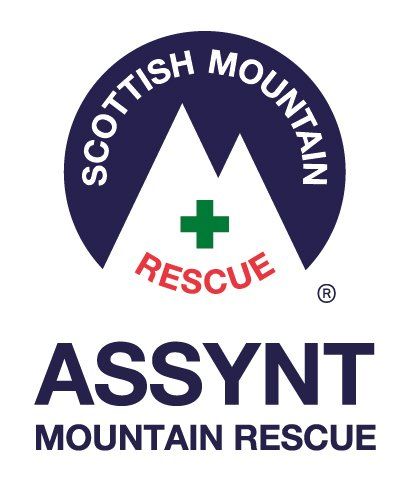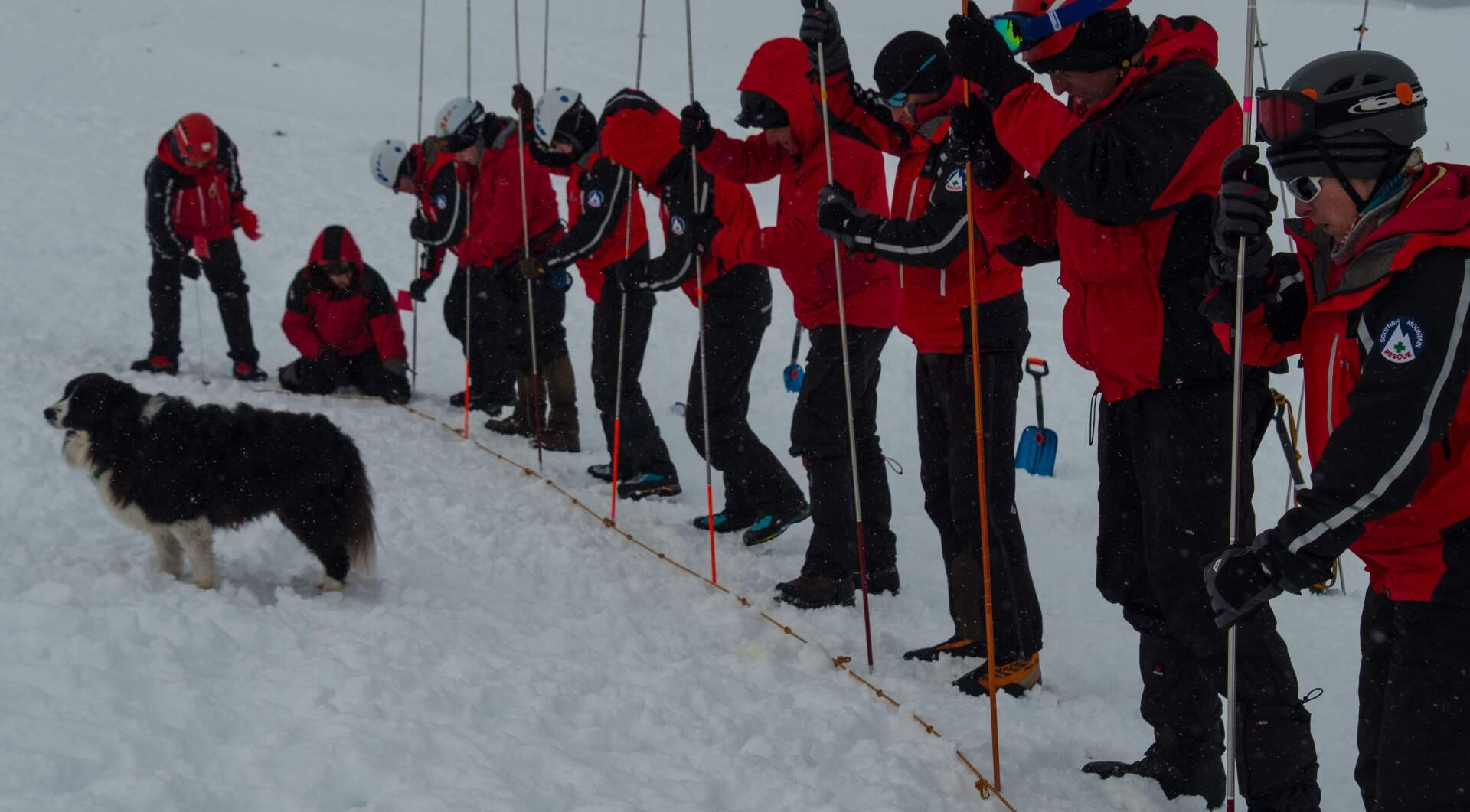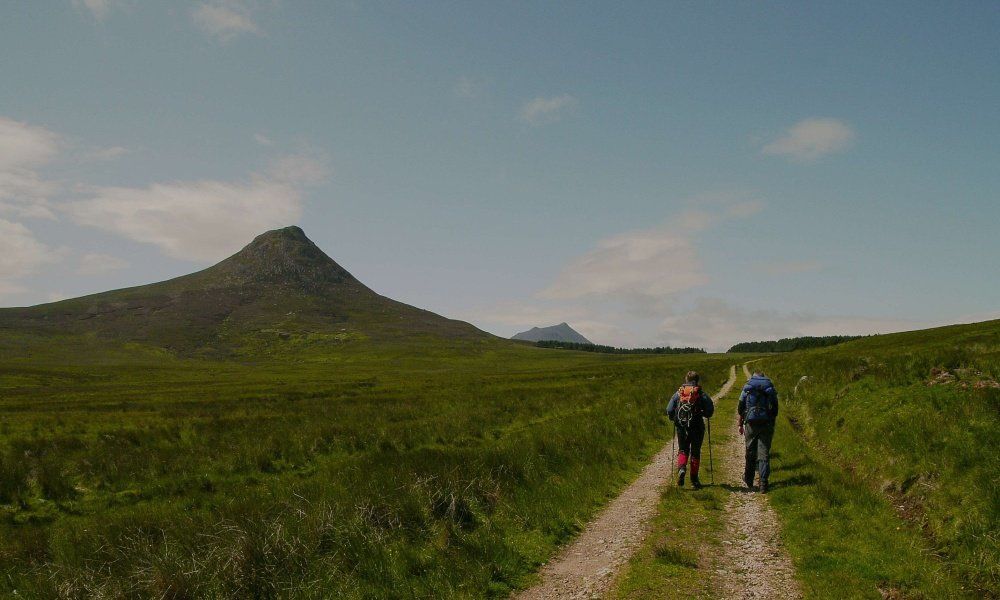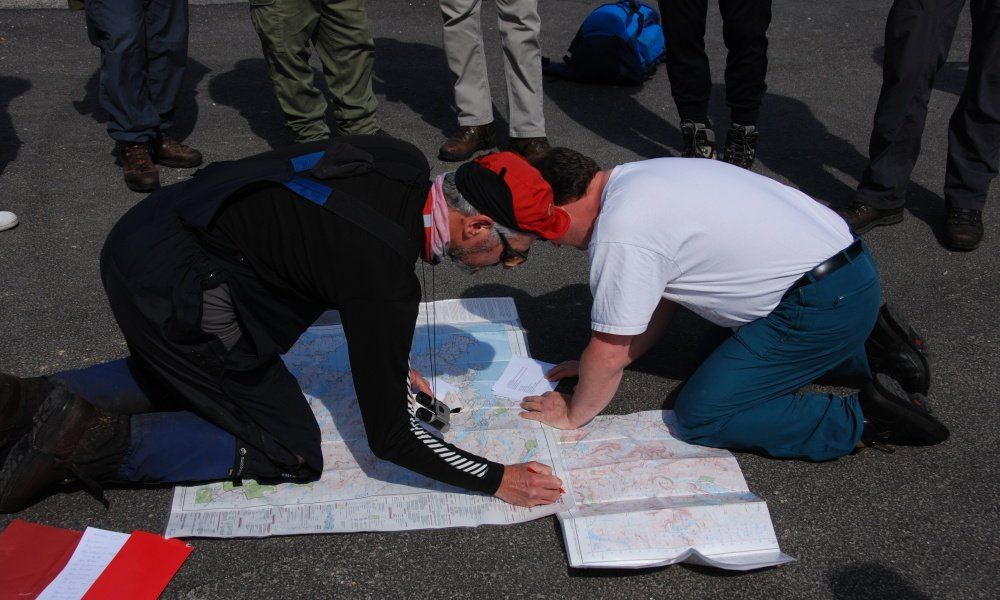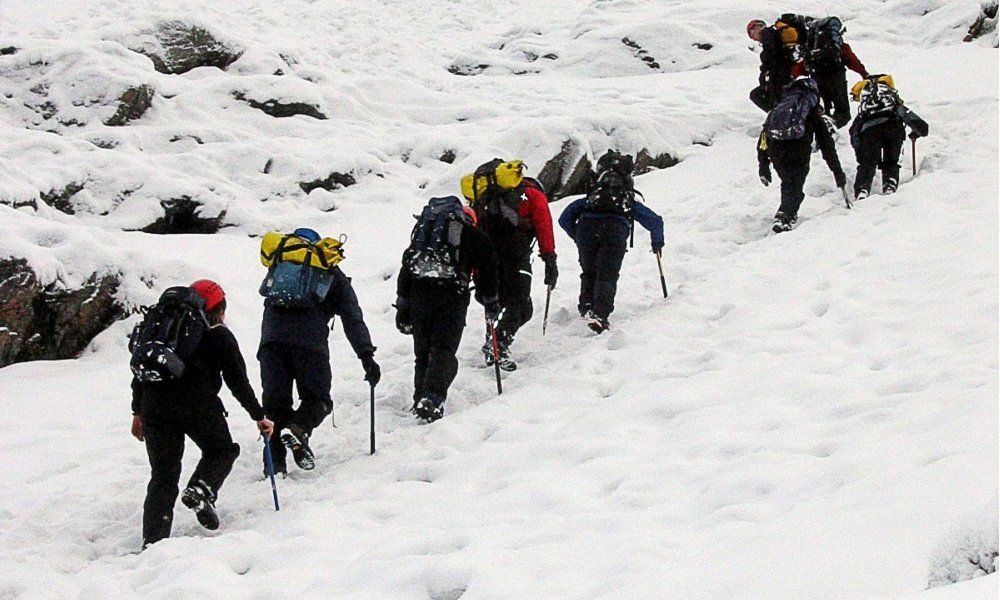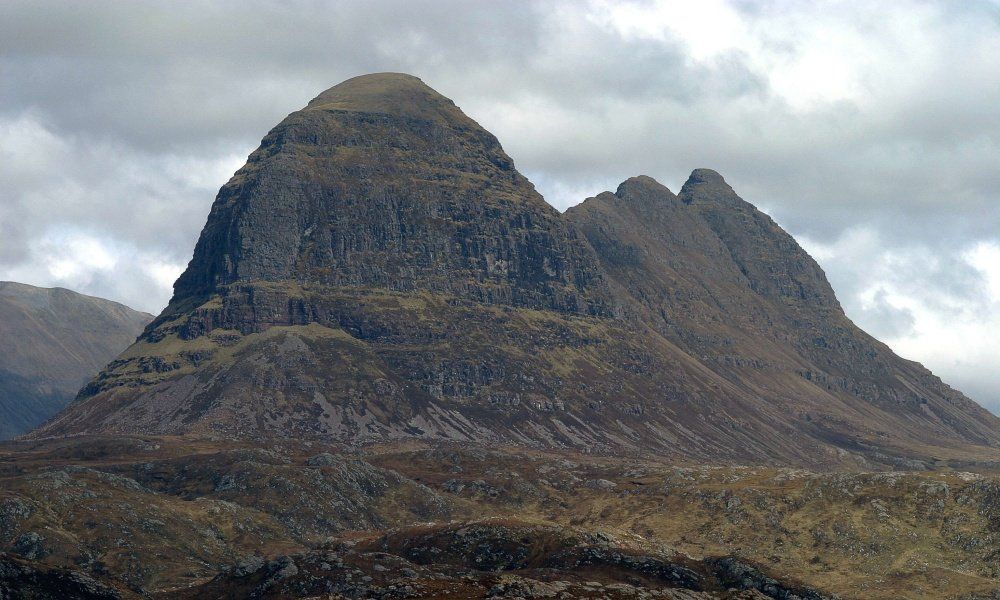Training to save lives
All team members go through rigorous training during their time in the team. We expect basic skills in hill crafts, and will provide more extensive first aid for mountain rescue situations; technical training to rig stretchers for recovery of casualties; winter skills for stretcher work; helicopter winching for all team members and search skills for missing people. We also work with the Scottish Cave Rescue Organisation using specialist caving rescue equipment.Some training is managed within the team and some of the more specialist training is through Scottish Mountain Rescue.Many team members have mountain qualifications such as Summer or Winter Mountain Leader and Single Pitch Award. Our training to operate safely in the hills means we can be there to assist others safely should they need it.
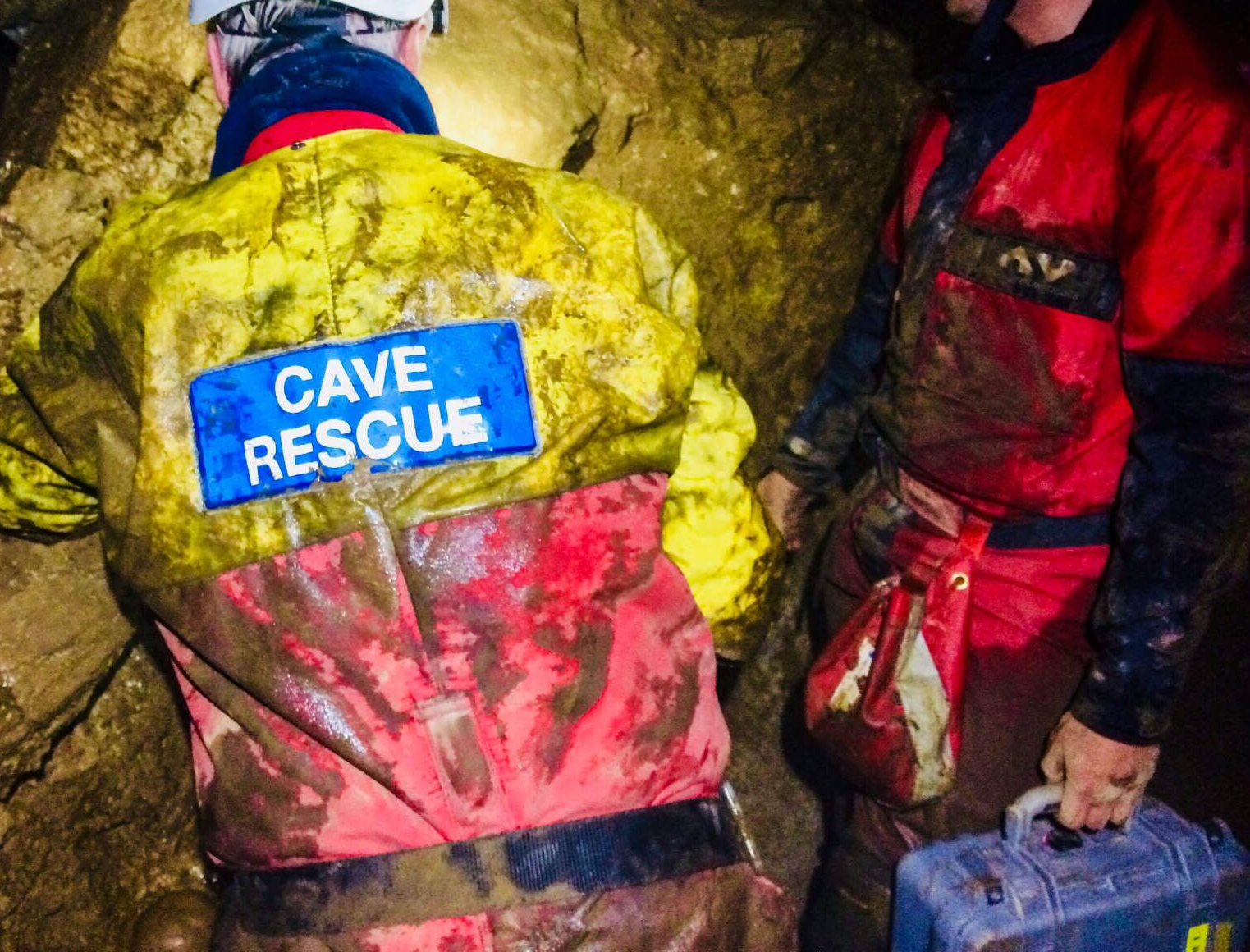
SCOTTISH CAVE RESCUE
Assynt has some of the longest limestone caves in Scotland. The Scottish Cave Rescue Organisation keep equipment at the Assynt Mountain Rescue Base in Inchndamph. Assynt MRT train each year with the SCRO using the specialist caving equipment. Many team members are familiar with the caves in the area.
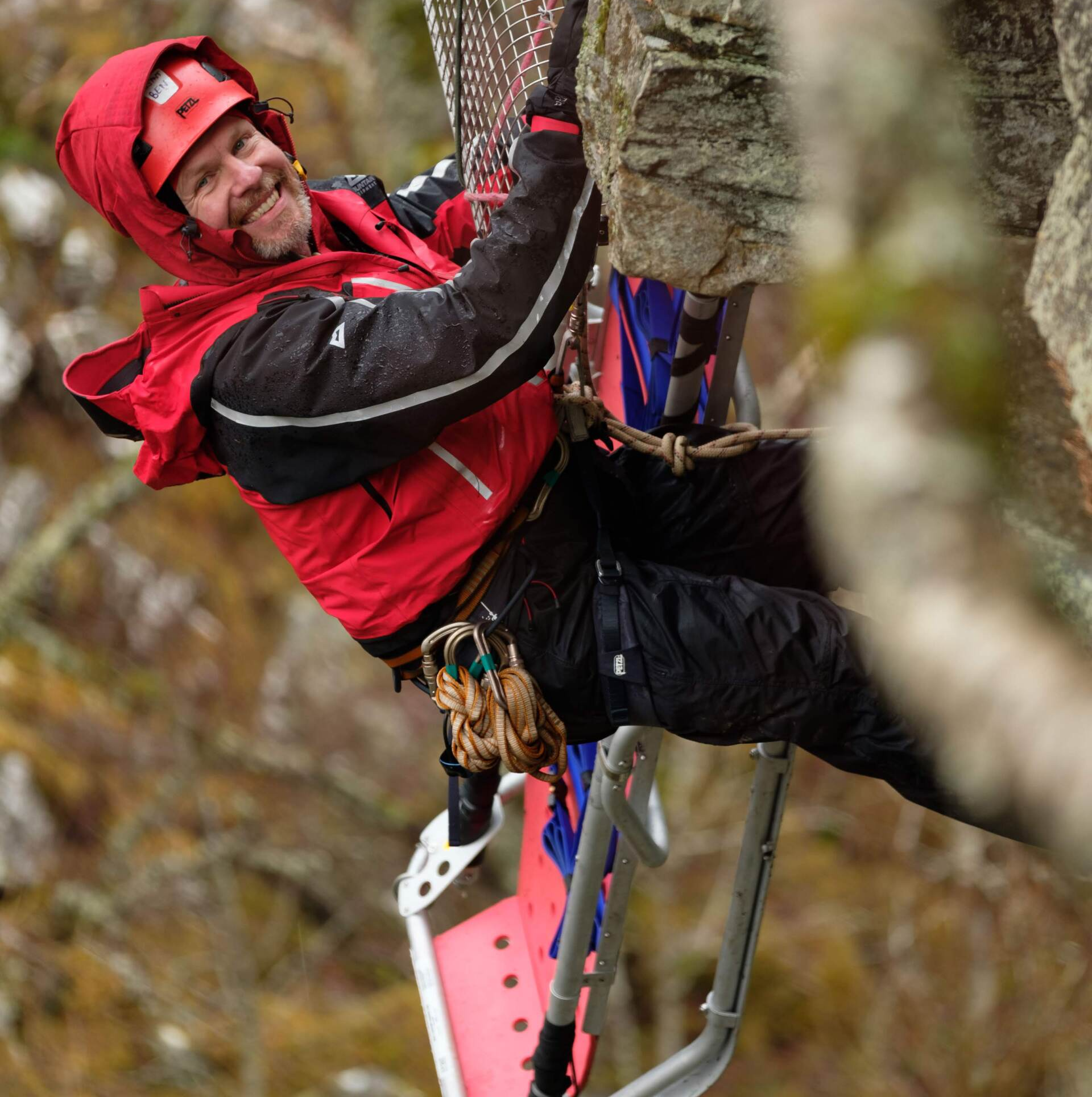
RIGGING TECHNIQUES
Technical rescues involving climbers or removing casualties from difficult ground involve specialist stretcher moving skills. All our team members are trained in rigging for stretcher removal. We will work with other neighbouring teams or attend national courses to keep skills and techniques up to date.
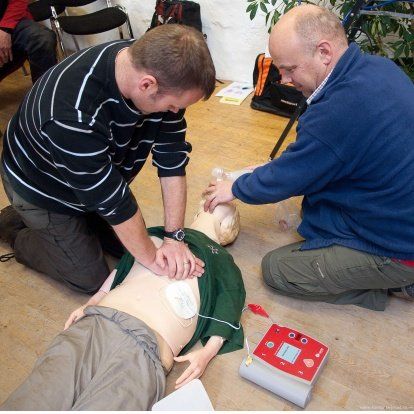
First Aid & Casualty Care
All our team members are trained in advanced first aid techniques, specific to mountain rescue incidents, this includes Casualty Care qualified members.
Before you head out..
Be Safe
Be safe when out and about. It is your responsibility to make sure you or your party are properly equiped and experienced for the conditions you are out in. Join a local club if you need to explore with others. Go and enjoy safely!
Equipment Musts
A map and compass and knowing how to use them are essential. Use a GPS, but always have the basics. Let someone know where you are going and when you think you will be back. Leave a route card and carry a mobile phone for emergency use.
Change Plans
If the conditions look bad - especially in winter - change your plans if need be. Check conditions using local weather forecasts such as mountain weather information service, or the Scottish avalanche service in winter.
contact us
AMRT Leader
Free Church Manse
Achiltibuie
Ullapool
IV26 2YG
teamleader@assyntmountainrescue.co.uk
Assynt Mountain Rescue. Charity Number SC049089
